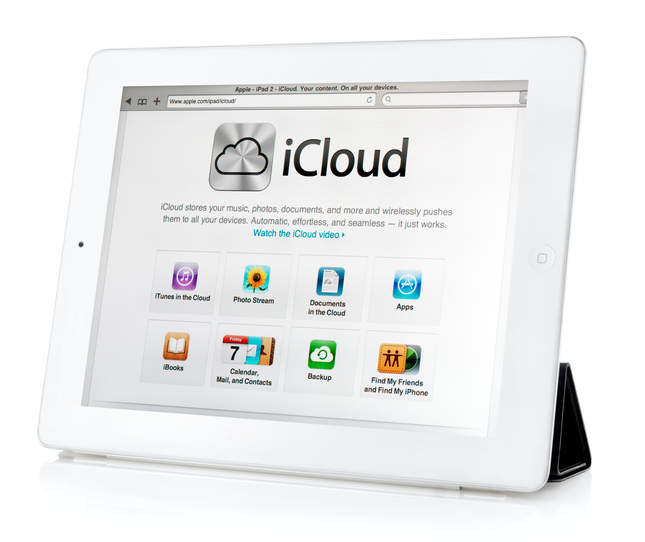
Celebrity iCloud hacking is becoming increasingly more prominent in the news, but even if Fame isn’t on your side, your data could still have worth to a hacker.
A host of celebrities have now fallen victim of iCloud hacking, in which their private account has been maliciously accessed and personal details stolen.
Most recently, at the end of February, model Emily Ratajkowski had 200 photos leaked from her iCloud account. At then end of 2016 Pippa Middleton had 3000 photos stolen from her account and we certainly can’t forget the 2014 incident which saw dozens of celebrities have compromising images posted online.
Celebrity or not, protecting your personal details, photos and accounts is incredibly important, as conflicting to general belief, all our data has a value. Mark James, ESET IT Security Specialist, explains the best way to protect yourself from hackers.
“Having your smartphone with you to take pictures is pretty much accepted as a way of life these days. Technology enables us to have access to data on the move, but the more we use and interact with this technology the more we have a need to store that information remotely.
”If you use an iPhone, then the chances are, all your data automatically replicates into the Cloud.
“This is great if you ever lose your phone, or if your budget only allows the basic handset with the smallest memory (typically 8, 16 and now 32gb with iPhone 7), but if you use it regularly then you will have a fairly substantial Cloud presence.
“This leads to another problem, your security as always is in the hands of others; Apple will of course do all they possibly can to protect your data, but you are responsible to help them with that task.
“Ensuring your password is fairly complex and definitely not used on any other site should be the basics.
“I appreciate it’s hard to remember all those logins, but with the plethora of password managers available these days, it is much easier to manage.
“Also consider Apple’s Two-Step Verification, this will form a third aspect of security above your username and password.
“Two-step Verification when signing into your Apple ID account page, signing into iMessage, FaceTime, Game Centre or iCloud from a new device, will protect any malicious attempt to make purchases from Apple.
“Whenever you try to access any of the above you will be required to enter code sent to your registered device, so even if your username and password are compromised they won’t be able to access your account and thus your private data stays private.”
If you have any further queries regarding safeguarding your iCloud or data hacking, contact via our Twitter @ESETUK
Join the ESET UK LinkedIn Group and stay up to date with the blog. If you’re interested in seeing where ESET has been featured in the news then check out our ‘In the news’ section.